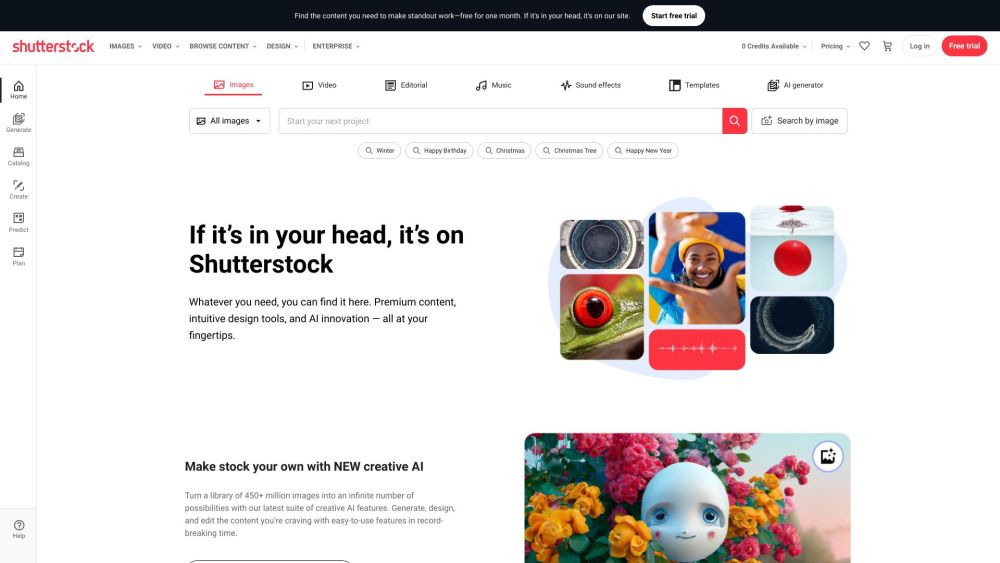As demand for AI technology surges, a new range of tools aimed at enhancing its development and deployment is emerging. RagaAI, a California startup focused on testing and fixing AI systems, recently announced its launch following a successful $4.7 million seed funding round led by pi Ventures, with participation from Anorak Ventures, TenOneTen Ventures, Arka Ventures, Mana Ventures, and Exfinity Venture Partners.
Founded by Gaurav Agarwal, a former Nvidia executive, RagaAI plans to utilize this funding to further research and enhance its automated testing platform, aimed at creating a strong framework for safe and reliable AI.
Agarwal stated, “Guided by our core values, we are committed to pushing the boundaries of automated AI issue detection, root cause analysis, and issue resolution while staying at the forefront of innovative methodologies.” RagaAI currently serves Fortune 500 companies, addressing key challenges like bias, accuracy, and hallucinations across various applications.
Building and deploying AI effectively is a complex task. Teams must collect data, train models, and monitor performance to ensure expected results, as any oversight can lead to costly failures and missed opportunities. Agarwal recognized this challenge during his tenure at Nvidia and with the Indian mobility company Ola, prompting him to develop an automated platform to detect, diagnose, and resolve AI issues.
Unlike traditional solutions that check for a limited number of problems, RagaAI performs up to 300 tests, identifying potential pitfalls related to data, models, and operations. When an issue is found, the platform assists users in pinpointing the root cause, whether it be biased training data, poor labeling, data drift, or other factors. It then offers actionable recommendations, such as eliminating mislabeled data points or suggesting retraining to address data inconsistencies.
Central to RagaAI’s technology is its RagaDNA foundational models, which create high-quality data embeddings—compressed and meaningful representations of information. These embeddings are essential for detecting, diagnosing, and remediating issues on the platform.
Jigar Gupta, RagaAI’s head of product, explains, “RagaDNA represents vertical-specific foundational models, custom-trained for testing. This enables RagaAI to automatically enhance testing workflows by defining the Operational Design Domain (ODD), identifying edge cases where models underperform, and correlating results with inadequate or low-quality training data.”
Despite its recent public launch, RagaAI is already making a significant impact, with several Fortune 500 companies utilizing its technology. For instance, an e-commerce firm successfully addressed hallucinations in its chatbot, while an automotive client improved vehicle detection accuracy in low-light conditions.
RagaAI believes its platform can mitigate 90% of risks in AI development while accelerating production timelines by over three times. With the new funding, the company aims to enhance its R&D efforts, improve testing capabilities, expand its workforce, and promote the development of safe and transparent AI.
It’s crucial to recognize that RagaAI is not alone in this endeavor. A growing number of companies, such as Arize with its Phoenix open-source library, Context AI, and Braintrust Data, are also focused on streamlining AI deployment. Additionally, observability providers like Acceldata are exploring generative AI monitoring solutions for deployment support.
As the AI market is projected to reach $2 trillion by 2030, a substantial portion—estimated at 25%—is expected to be allocated towards tools that ensure AI systems are safe and reliable.





